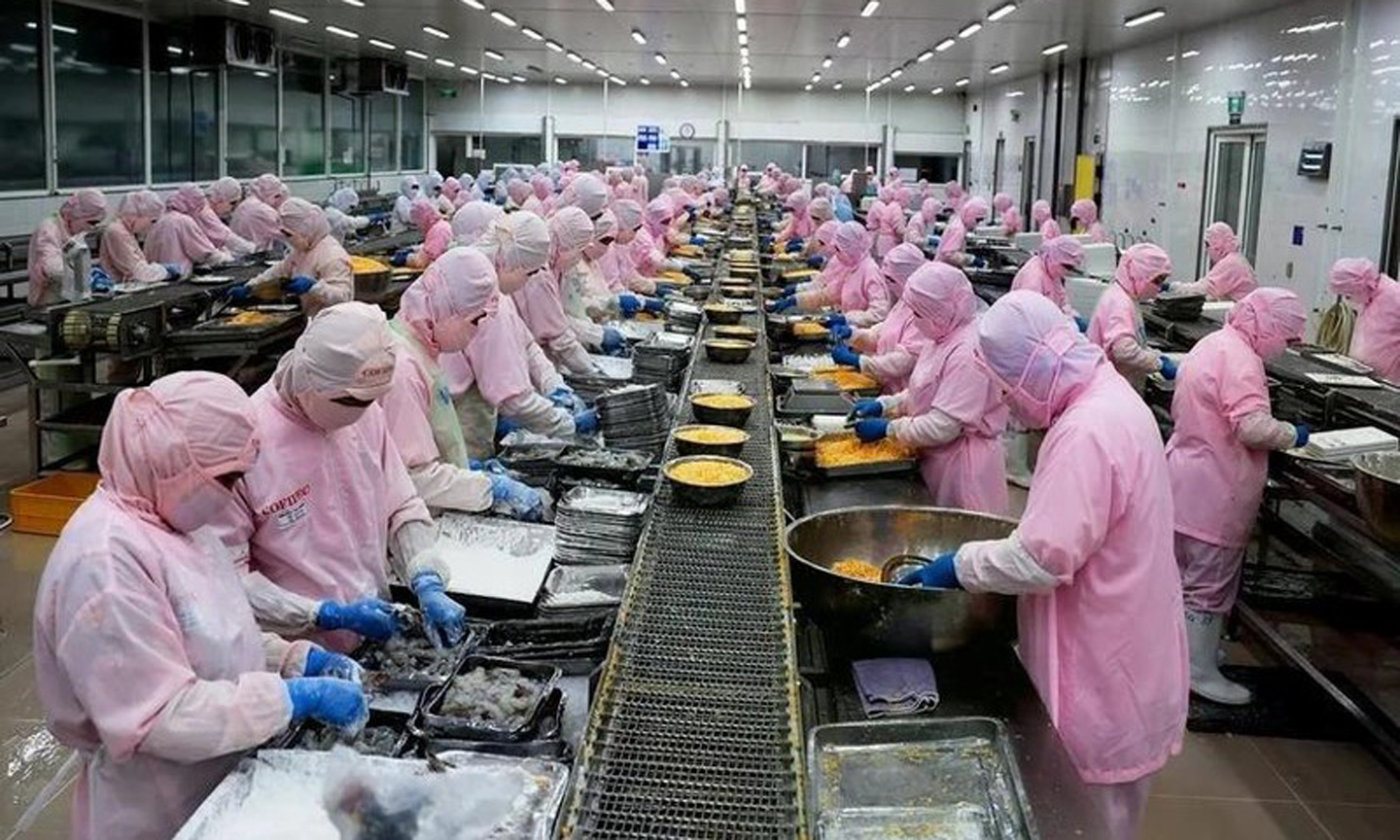Aquatic exports hit 10 billion USD
ABO/NDO- Vietnam's aquatic exports reached 10 billion USD in 2024, driven by shrimp and pangasius, despite challenges related to markets, logistics, and raw materials, the Vietnam Association of Seafood Exporters and Producers (VASEP) said on December 23.
Shrimp and pangasius accounted for 60% of the total revenue, with shrimp shipments climbing 16.7% to 4 billion USD and pangasius increasing 8.9% to 2 billion USD compared to 2023. Tuna exports, despite raw material shortages, hit 1 billion USD, an 18% year-on-year rise. Other fish contributed 1.9 billion USD, while squid and octopus generated 662 million USD.
VASEP Chairwoman Nguyen Thi Thu Sac said the industry aimed to recover export revenue to 10 billion in 2024 amid stabilising inflation in major markets and a slowly recovering global economy.
 |
| Vietnam's aquatic exports reached 10 billion USD in 2024, driven by shrimp and pangasius. (Photo: VNA). |
Despite these hurdles, the domestic aquatic sector demonstrated resilience, adaptability, and determination, Sac added. As the world's third-largest seafood exporter—trailing only China and Norway—Vietnam is firmly on the path to sustainability in the industry.
The results provide a solid foundation for Vietnam’s seafood industry to anticipate even greater growth in 2025 and beyond.
Deputy Minister of Agriculture and Rural Development Phung Duc Tien also affirmed Vietnam's position on the global seafood map, noting that the industry would face new challenges in 2025, including the European Commission’s “yellow card” warning against illegal, unreported, and unregulated (IUU) fishing, climate change, environmental pollution, and market barriers.
However, there are reasons for optimism, such as improved raw material supplies and expanding export markets. Vietnamese seafood companies are increasingly showcasing their capabilities in advanced processing and high-quality production, laying the foundation for the sector to exceed 10 billion USD in 2025, toward the goal of 11 billion USD, the official said.
(Source: NDO)
 về đầu trang
về đầu trang







